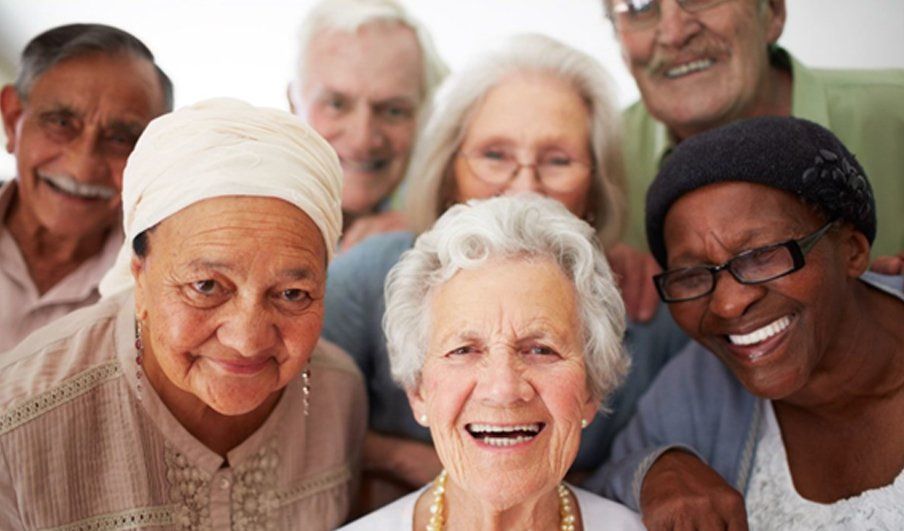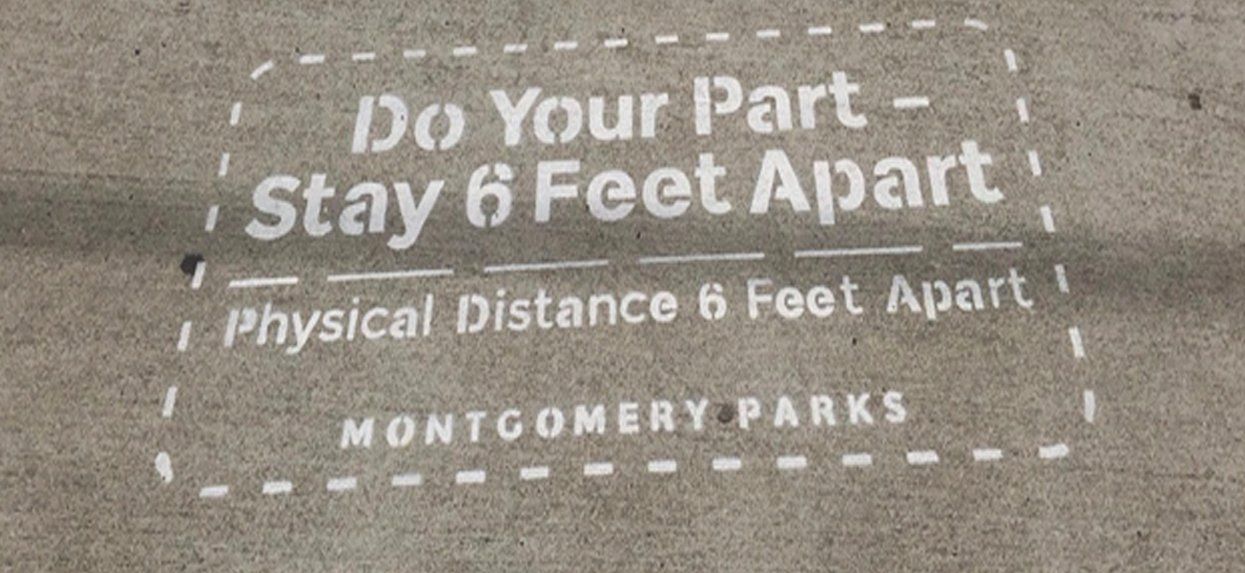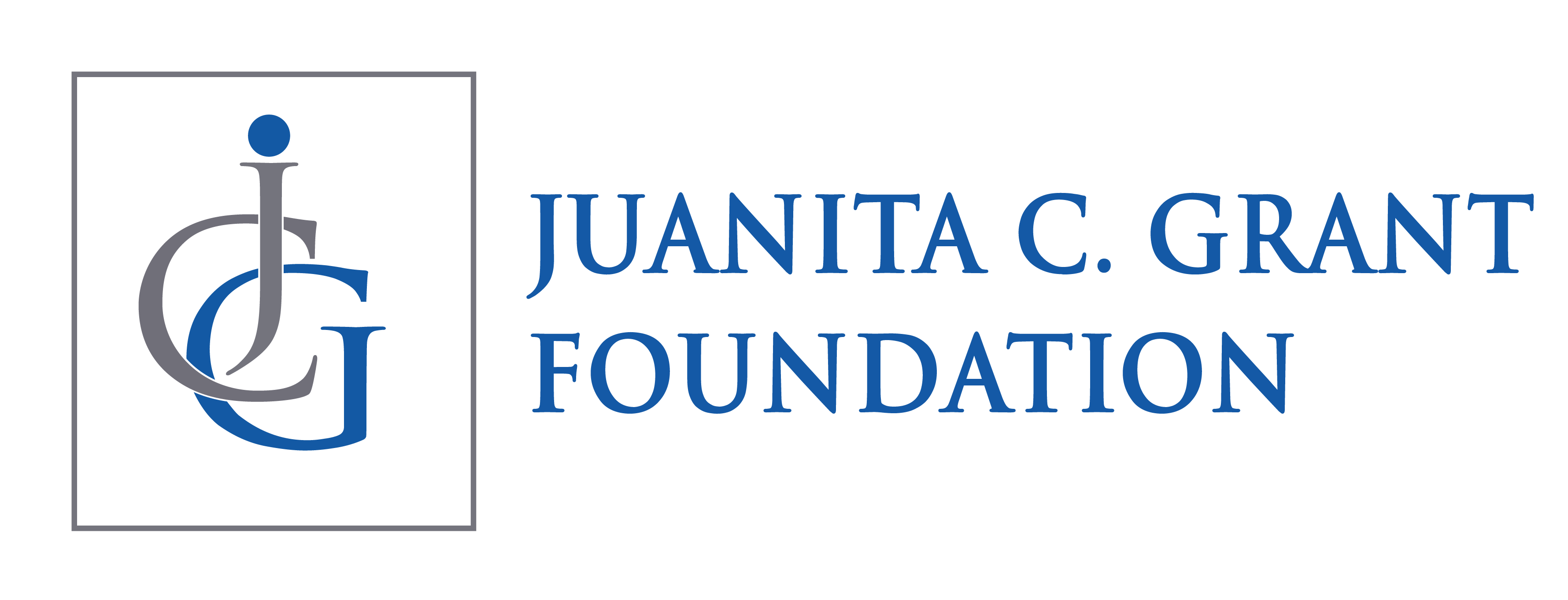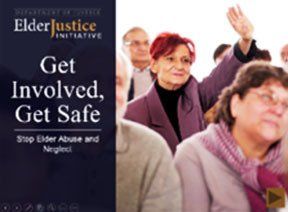Prevent Elder Abuse

Fortunately, elder abuse is becoming increasingly recognized in our country. This recognition has revealed that over 5 million older Americans experience some form of elder abuse every year.
Elder abuse is defined as an intentional act or failure to act by a caregiver or another person in a relationship involving an expectation of trust that causes or creates a risk of harm to an older adult (typically defined as age 60 and older). Five subtypes comprise elder abuse: physical abuse, sexual abuse, psychological abuse, caregiver neglect, and financial exploitation and fraud.
Elder abuse is a social problem that requires action on the part of all of us to build strong community supports for older adults. View the following public service announcement: Strengthening the Structure of Justice to Prevent Elder Abuse (1:23 min)
There are things we can all do to prevent elder abuse. Here are 5 things you can do.
1) The first and most important step in preventing elder abuse is to recognize it. Know the Red Flags (NCEA) of elder abuse so you know elder abuse when you see it.
2) Read about tips on preventing elder abuse in Prevent Elder Abuse (EJI) and then share this flyer with people you know.
3) If you have a loved one living in a nursing home, learn about the prevention of neglect Nursing Home Neglect: Preventing It and Getting Help (Consumer Voice).
4) Learn about ways to make your community more age-friendly through the World Health Organization’s Global Age-friendly Cities Guide (also available for rural communities).
Give a community presentation. The Stop Elder Abuse and Neglect community presentation comes complete with a
PowerPoint,
Presenter's Guide, and
Audience Handout. Additional flyers and videos to use in presentations are available on the
Community Presentations page of the
Elder Justice website. Presentations can be made to faith-based communities, at senior centers, and at your local library.
If you or someone you know may have experienced abuse, call the Elder Abuse Helpline for Concerned Persons at 844-746-6905 (M-F, 9am-5pm Eastern) or find the local adult protective services office near you through the Eldercare Locator at 1-800-677-1116.
To prevent elder abuse, the Department of Justice actively engages in raising public awareness of elder abuse generally, and the multitude of fraud schemes affecting older Americans. Together, we can build strong community supports to prevent elder abuse and promote justice, safety, and well-being for older Americans.
Must Read Newsletter
Sign up for news and events
Newsletter
Most Popular






